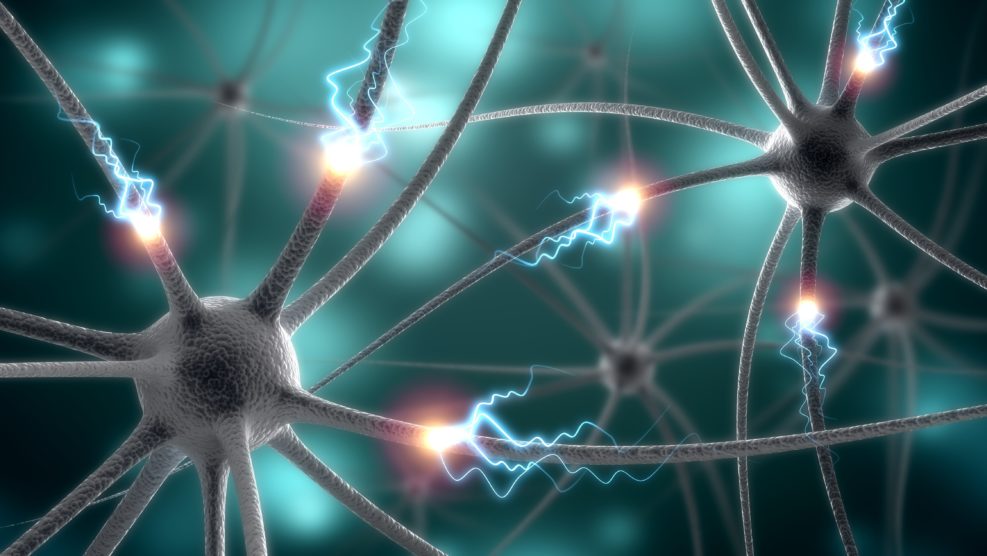
A Darwinian Biologist Resists Learning To Live With Panpsychism
Jerry Coyne makes two things quite clear: He scorns panpsychism and he doesn’t understand why some scientists accept itJerry Coyne, a traditional Darwinian evolutionary biologist and author of Why Evolution Is True, is having a hard time understanding why anyone would even consider taking panpsychism seriously. His bafflement over the growing acceptance of the idea that every living thing (or everything) is conscious to some extent may shed light on some new features of the changing science landscape. His jumping off point is a recent three-way debate/discussion, sponsored by MindChat, between panpsychist philosopher Philip Goff, naturalist theoretical physicist Sean Carroll, and physicalist philosopher Keith Frankish, who views the mind as an illusion created by the brain — or, as Coyne puts it, “a trick of the biological mind.” Coyne, as a metaphysical naturalist (nature is all there is), Read More ›


















